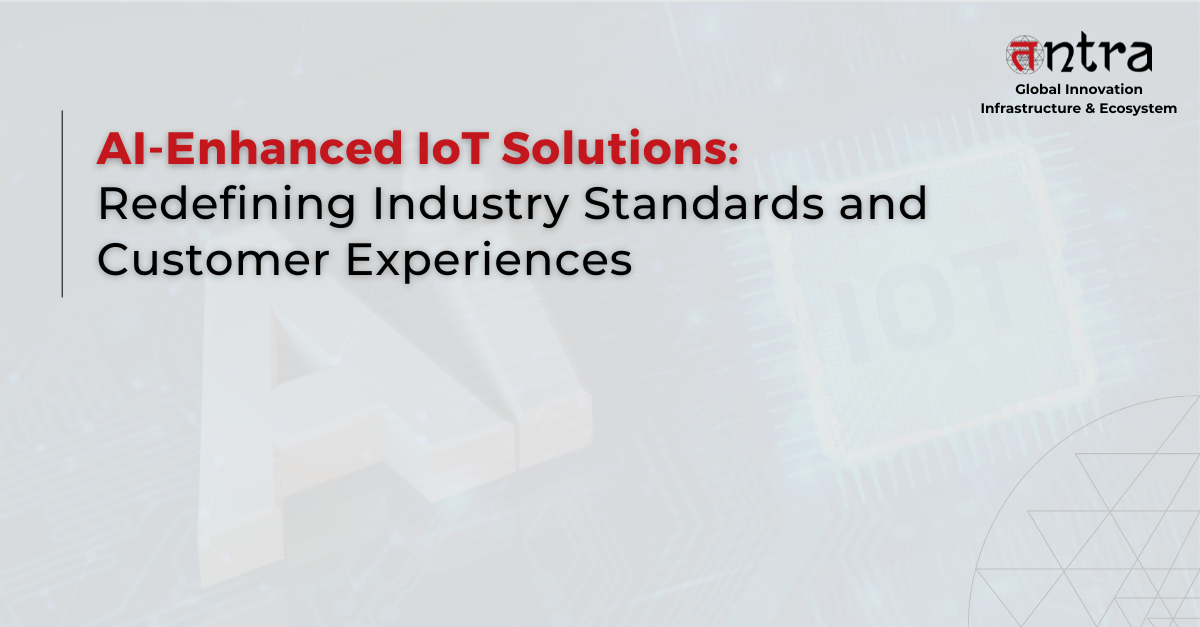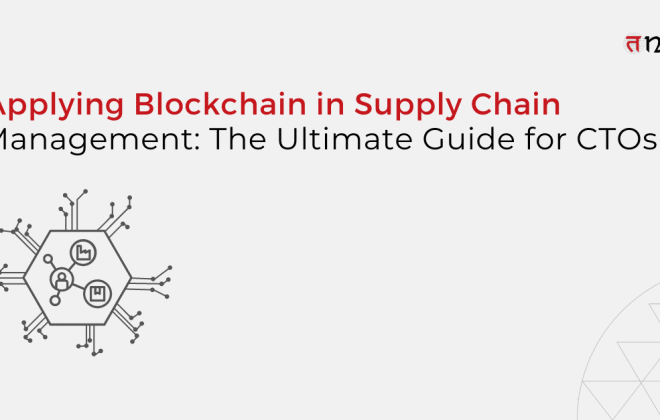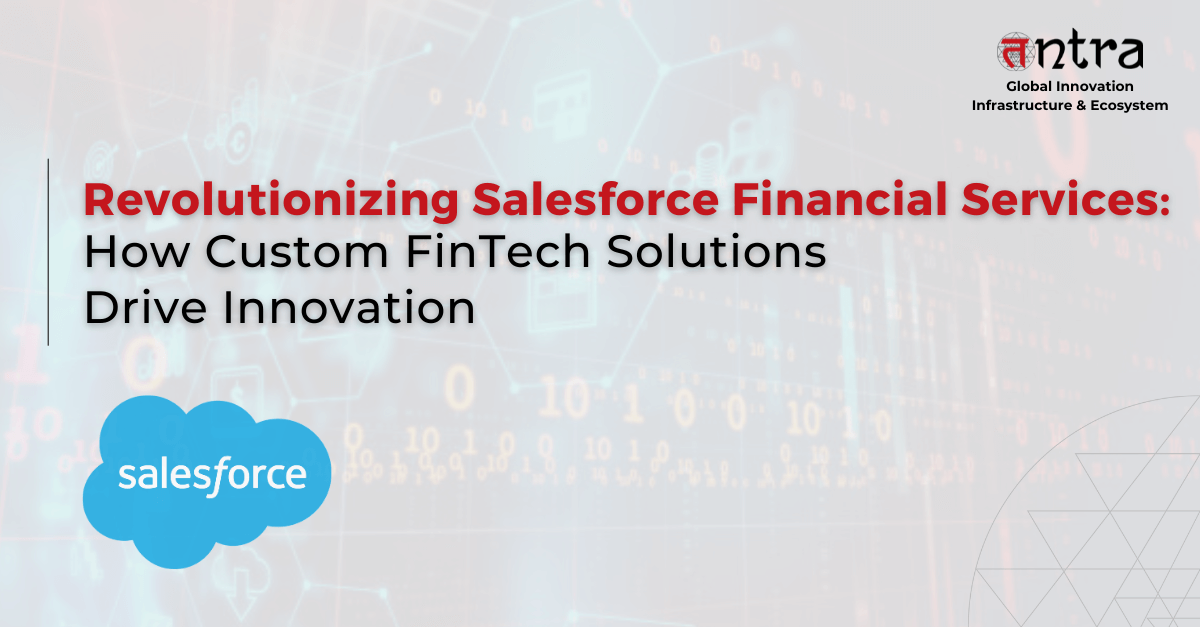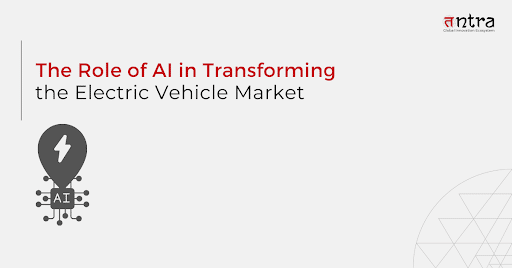
AI-Enhanced IoT Solutions: Redefining Industry Standards and Customer Experiences
Table of Contents
ToggleAI and IoT are transforming industries by creating smarter, more efficient systems that predict outcomes, optimize processes, and enhance customer experiences. From predictive maintenance in manufacturing to personalized shopping in retail, the fusion of AI and IoT is reshaping how businesses operate. These technologies are also revolutionizing customer interactions, creating more intuitive, connected environments. As AI-enhanced IoT solutions continue to evolve, they’re setting new standards for operational excellence and personalized experiences, changing the future of industries worldwide. Continue reading to learn more.
Even though the “smart home” hasn’t exactly transformed life for the majority of us, some businesses are fervently working to change that. Nest, the company that Google reportedly paid $3.2 billion to acquire, is one of the best examples of this.
Nest’s smartphone connectivity enables temperature checking and adjustments from any location, and its sleek digital interface is a pleasant change from the bulkier physical dial for many IoT devices. Although this is “IoT” in theory, many argue that Nest’s appearance, texture, and user interface made the device more approachable and straightforward to use (helped greatly by the fact that Nest’s founders were prominent Apple workers who worked on the iPod and iPad).
As far as artificial intelligence applications go, Nest’s gadget “learns” its customers’ normal temperature preferences and adjusts to their work schedules by reducing energy use. Although this AI application is undoubtedly new, its practical advantages (home comfort, potentially significant energy savings) and successful marketing could be considered the main drivers of its sales success.
(Source: Emerj)
AI and IoT: The Rise of Intelligent and Connected Machines
Over the course of the forecast period, the AI in IoT market is anticipated to grow at a consistent CAGR of 6.4%. It is projected that the market would generate USD 82.1 billion in revenue in 2023 and reach USD 153.1 billion by 2033.
By the end of 2023, there were 16.6 billion linked IoT devices, up 15% from 2022, according to IoT Analytics’ 171 -page State of IoT Summer 2024 report. By the end of 2024, IoT Analytics projects that this will have increased by 13% to 18.8 billion.
How AI and IoT are Redefining Industry and Experiences
Convergence of AI and IoT development services is not just a technological trend but a revolution reshaping industries and transforming the way business interacts with customers. Beyond improving the operational efficiency, AI-enhanced IoT solutions are changing the way one personalizes and automates customers, birthing new, unparalleled customer experience and business practice.
- The Power of AI and IoT Fusion
What does that mean? The Internet of Things connects ordinary devices, sensors, and machines together so they can collect and share data. From an optimization standpoint, IoT has powered industries with real-time insight into everything from supply chains to predictive maintenance. But the sheer volume of data IoT generates is what the device needs AI to make sense of.
They could really bring out the actual value in their connected device when incorporating AI into IoT software development services. With its integration, AI algorithms can review gigantic datasets, spot patterns, and make decisions autonomously on data. This results in smarter systems that predict outcomes, optimize operations, and provide enhanced customer interactions without drawing continuous human oversight.
- Diverging Industries
Across industries, the strength of AI and IoT combined will be changing the very way businesses function and create value for their customers. For instance, in manufacturing, combining AI-powered predictive maintenance with IoT sensors reduces equipment downtime by identifying an impending failure before it actually happens. This can result not only in cost savings but also in an increased lifespan for equipment leading to maximum output.
AI-based IoT revolutionizes the way utilities manage and distribute electricity. Smart grids collect consumption patterns and environmental conditions through IoT sensors, predict demand spikes, and optimize the distribution of energy-a much lesser waste is minimized, and sustainability efforts are enhanced.
Yet another retail sector now experiences AI and IoT integration that has made smart shelves and monitoring inventory routine. These have led to highly personalized shopping experiences where AI algorithms that understand data produced from IoT devices can forecast customer preferences and result in targeted promotions, even manage levels in real-time. The smooth shopping journey brings immense joy to customers and sales boost.
- Customer Experience Improvements
AI-enriched IoT app development solutions are transforming customer experiences into intuitive, responsive, and personalized. One of the most conspicuous examples is the rising smart home industry. While smart thermostats and lights collect data regarding the behavior of users, they learn preferences over time with AI; whereas, before even a request is made, devices predict what users want to offer them and adjust the environment based on the habit formed by a user.
Making cars Internet of Things enabled with AI, the automotive companies are inculcating into the world a new way to receive connected vehicles. And this is no longer meant to be a tool for transport but also a personal assistant on wheels. When talking about IoT sensors, it guarantees constant observation over vehicle performance, and real-time diagnostics and predictive maintenance from AI, just to name a few. Furthermore, advanced AI algorithms provide individualized recommendations for routes based on traffic data, weather conditions, and personal preferences. All of this is redefining customer experience with AI and IoT.
Final Thoughts
Further revolution and innovation with AI and IoT will definitely form future projections, which would make industries smart, efficient, and customer-centric. Capability to process enormous amounts of data in real time, predict outputs, and automate the process will accelerate the rate of innovation in the sectors of the business. Businesses will look toward better efficiency in operations, cost-effectiveness, and capacity to provide highly personal and data-driven services to their customers.
Put together, AI and IoT translate to a world of smarter, more connected experiences: homes that understand and intuit an individual’s lifestyle and vehicles that predict every need. As the technology advances further, it will break down the conceptual lines between the physical and digital to form seamless, intelligent ecosystems that get more deeply ingrained in one’s life.
Tntra, a leading software product engineering company, has expertise in building world-class AI and IoT products that can revolutionize any industry. Contact our team today and get started on your advanced intelligence journey.





